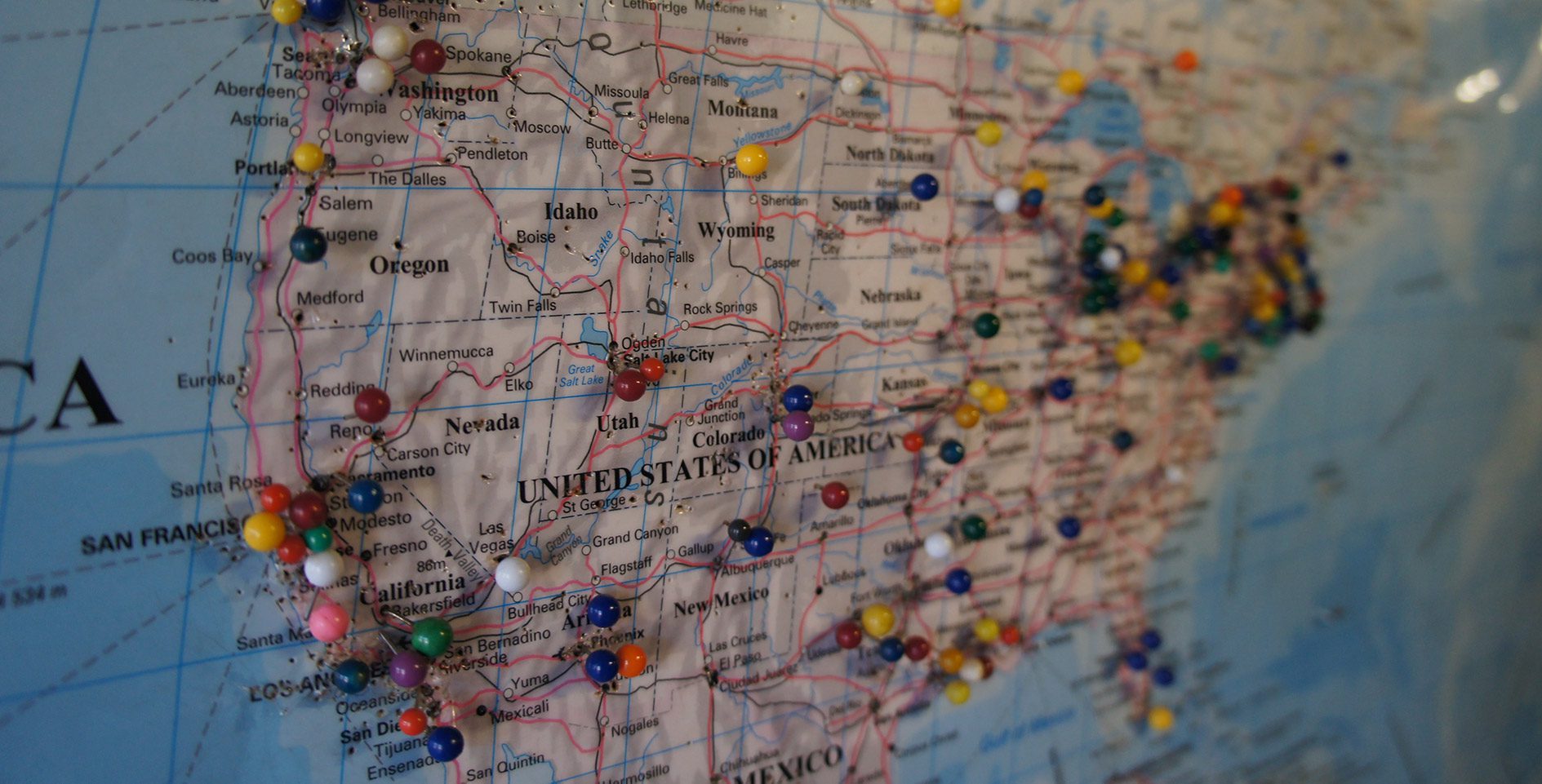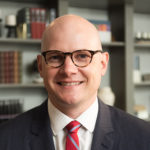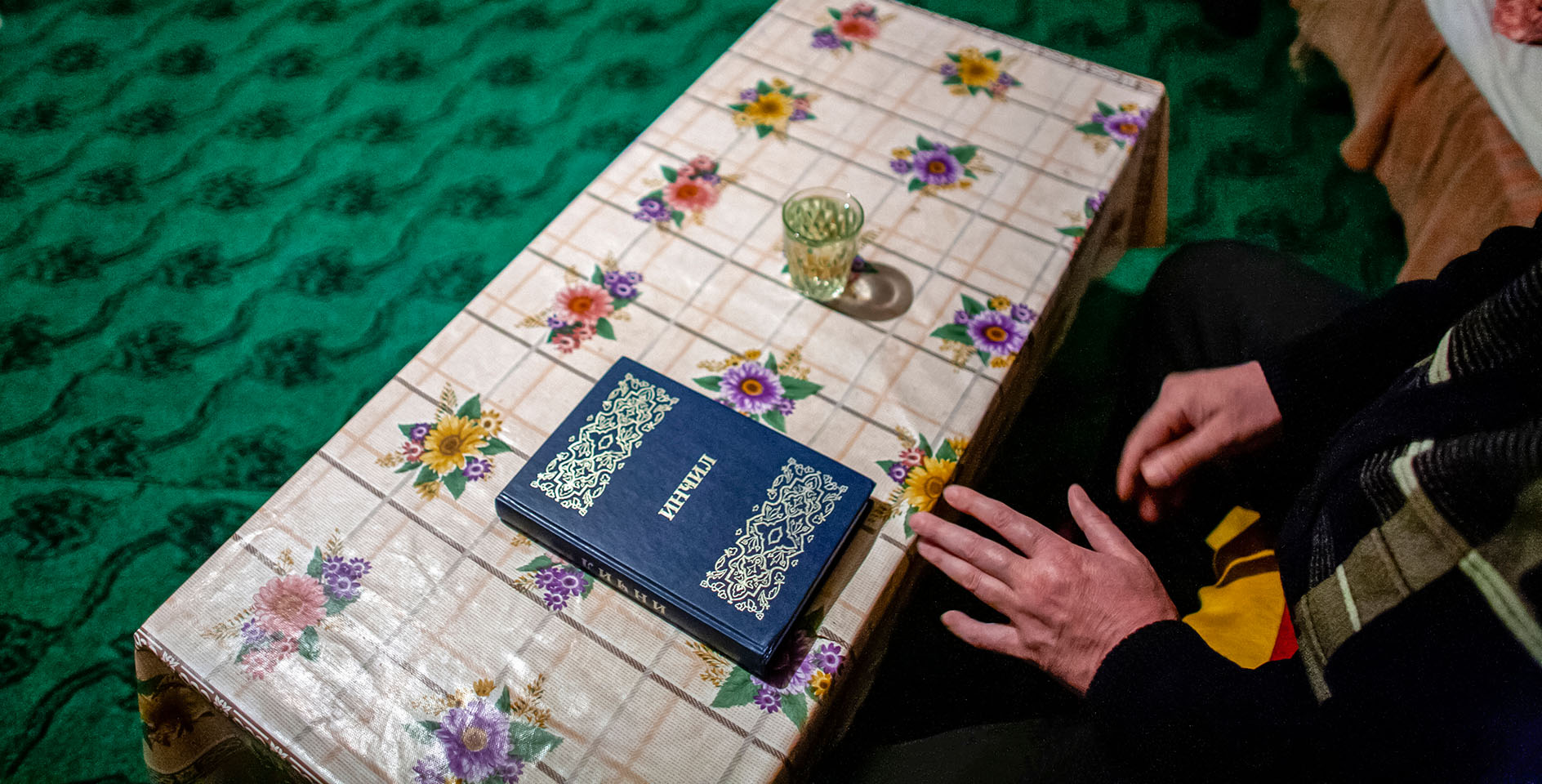The COVID-19 pandemic has created serious challenges for leaders and citizens around the globe. The crisis is straining the abilities of churches to serve their communities, governments to protect their constituents, and healthcare agencies to mitigate the effect and spread of the virus.
One key to successfully confronting this crisis is for churches to conduct themselves as co-equal partners with civic entities to combat the spread of the coronavirus. As Christians, we are told to seek the welfare of the cities we serve (Jer. 29:7). Assuming this role in this season is paramount in loving our neighbors well, particularly the vulnerable (Mark 12:31).
Civic leaders and public health experts have identified a number of helpful tools and procedures that can be followed to raise community awareness and protect individual health. One such procedure is known as contact tracing. The process calls for phone dispatchers to contact individuals who were potentially exposed to COVID-19 so they may take steps to limit their interactions with others, thus stopping the spread of the virus.
The Ethics & Religious Liberty Commission is committed to fostering partnership between church leaders and civic leaders as both have unique, complementary roles in this season. To help with such partnership, here are some considerations that civil authorities and churches could take into account as they deliberate on the best ways to work together:
- Churches should work to be a partner with state and local officials in the fight against COVID-19. We need to build relationships of trust with one other. As such, pastors and church leaders should proactively engage local officials and elected leaders to build pathways for dialogue and information sharing.
- Civic leaders should view churches as essential institutions and helpful partners in serving their communities. The discourse from civic leaders should provide guidance and recommendations based on the latest medical analysis, not as directives that could run afoul of First Amendment freedoms or that could create the impression that the church is an extension of or subordinate to the state.
- Open lines of communication between the church and civic space are critical. Officials should make every effort to communicate with church leaders if contact tracing determines that transmission occurred at or during a church service. While many churches gather information about attendees at church services, health officials must recognize the serious religious liberty issues associated with such government involvement and act in ways that respect this first freedom.
- Churches should steward their unique role in stopping the spread of COVID-19. Public health officials have developed guidelines that dramatically lessen the likelihood of transmission of COVID-19 at churches if a person with the virus is present at a church activity. These will differ from area to area, at points, but usually involve physical distancing measures, the usage of masks or facial coverings, and best practices for communications to attendees, especially in the event of a potential exposure during church activities.
- Civic leaders should treat houses of worship fairly. The procedures for contact tracing and information gathering must not single houses of worship out from other gatherings of similar size and activity. Civic leaders must regularly assess whether exemptions are applied consistently and in a way that respects First Amendment protections for churches. If contact tracing exempts some businesses or activities and not churches, this would be an instance of treating houses of worship unequally from other similarly-situated entities.
- Civic leaders should not create personal records that individually identify the church or religious affiliation of individuals. All effort should be made in public communications to allay concerns that the crisis presented by COVID-19 could in any way create a government “database” or surveillance of those who attend a house of worship or religious services. Religious liberty and freedom of association and peaceable assembly should be respected at all times.
- Civic leaders must approach the public release of information about exposures carefully and must not single churches out. Representatives of the government, including public information officials and media relations staff, should treat any public release of information about infections with caution that respects the First Amendment and HIPAA rights of all involved. In particular, health officials should not release information about COVID-19 infections without context that would be important to the public, such as when exposures happened and whether community spread occurred. The lack of context could lead to a “blacklist” of churches, which violates First Amendment protections and inhibits the spirit of cooperation that must be fostered between faith and civic leaders.
- Church leaders should share information responsibly and efficiently. In an effort to aid a government’s contact tracing efforts, churches should create a process that utilizes all available means of contacting members and guests of the church’s activities to ensure widespread notice is made in the event of a potential exposure.











